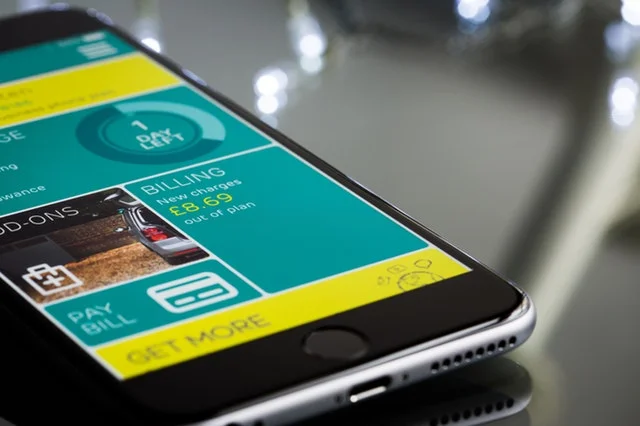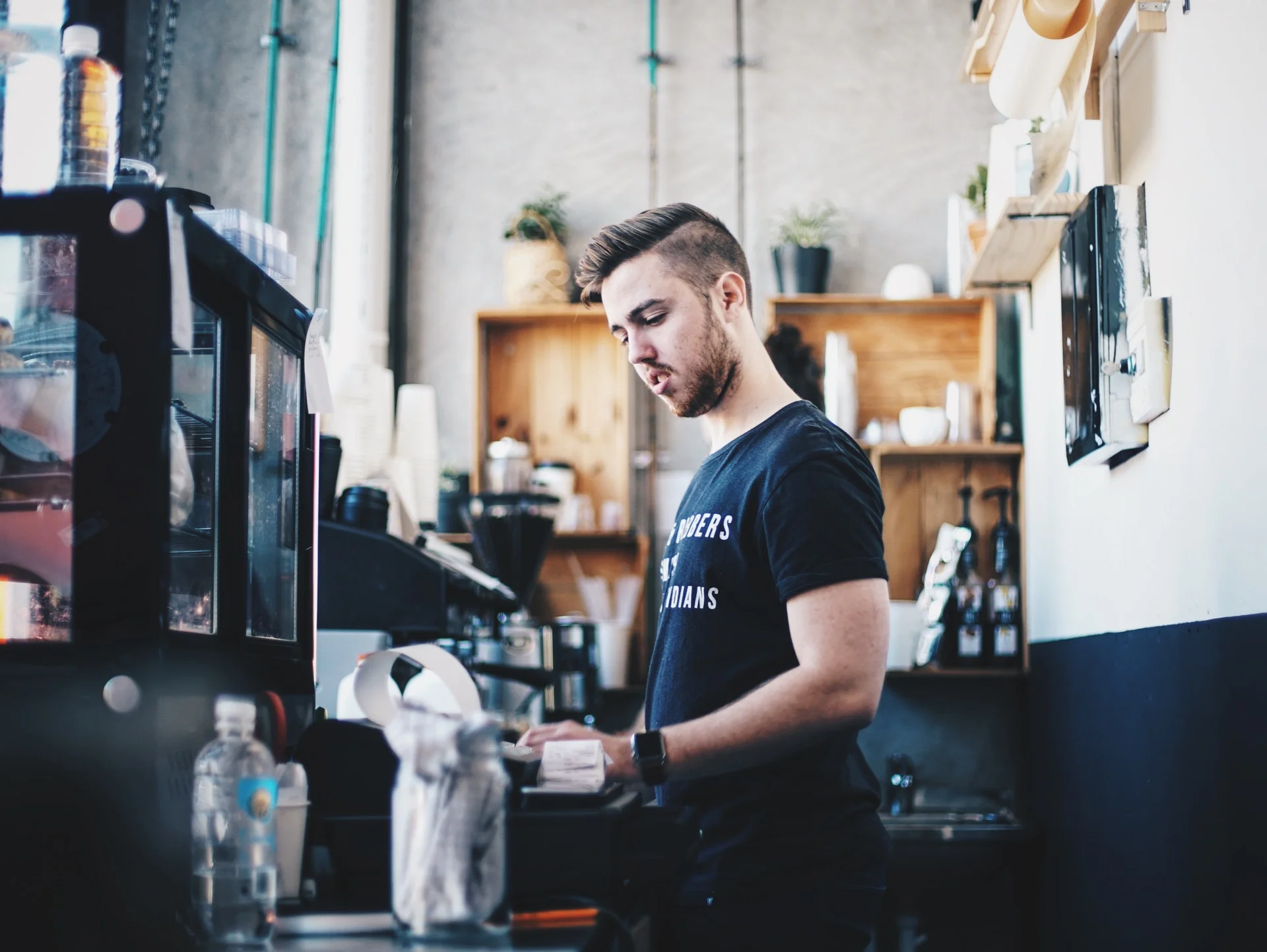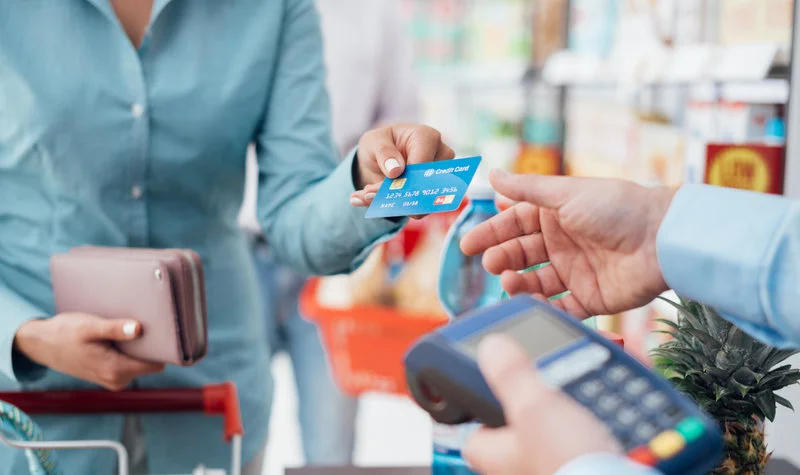The Covid-19 pandemic has accelerated consumer habits and brand adjustments, highlighting a shift and decentralisation of luxury – meaning luxury brands and experiences are more accessible than ever, at a time when people are staying at home.
Despite a decrease in consumer spending caused by the global pandemic, the William Grant & Sons Trending 2021 Report indicates a widespread adoption of elevated brand experiences and a considered approach to indulgent spending.
With radical shifts in routine and work patterns, decreased social spheres, and the increased adoption of ‘local’ values and commerce, people now expect individualised luxury experiences at their fingertips. Brands who realise this opportunity will take the advantage, with greater reach into new markets, the report reveals.
For centuries, ‘traditional’ luxury has been in perceived exclusivity in price and location. However, the latest consumer insight and market analysis from the premium and luxury spirits company shows the rapid manifestation of luxury sub-trends including:
Fewer, more meaningful connections
Non-essential workers have stayed at home, and urban consumers have retreated further from day-to-day life in the city. Away from expected lifestyle comforts, their social circles and spheres of influence have shrunk to a community level. The limited-time spent with friends and family has become incredibly valuable, meaning the opportunity for brand engagement has lessened and only well-targeted brand interactions will succeed. This has accelerated the home premium category, as well as the development of innovative solutions to reach people seeking luxury experiences in their own homes.
Individualised, immersive and innovative digital experiences
Luxury consumers are prioritising their health and that of others, so are unlikely to rush back to cities until ‘normal life’ is within grasp. However, this paves the way for shareable, virtual experiences for people to enjoy within their communities. Brands providing gateways, products and entertainment to reach individuals at home will continue to add considerable value to lives, creating genuine brand engagement at a local, community-level rather than through city-centric activity. Unsurprisingly, digital commerce (including social and voice commerce) continues to be the fastest-growing channel in the UK (+79.7% YoY), amplified as a result of the pandemic.
Conscious living choices with tangible benefits
In 2018 William Grant & Sons identified the ‘Active-ist Consumer’ and have seen this type of consumer rise further, with conscious, community-minded choices of those who champion sustainability, community and buying small and local. This has resulted in a rise of ‘local heroes’, with a sense of collective responsibility, those who choose to circulate wealth within their local communities and place greater emphasis on emerging brands. Against established players, new brands must meet, and often exceed consumer expectations, while showcasing the same level of innovation, convenience and benefit.
Self-actualisation influencing long-term shifts in purchasing decisions The pandemic has been a shared, democratising experience for all. Regardless of pre-existing social structures, everyone has been subject to restricted movement and time to reflect and get in touch with ‘who they are’. Accelerated by social media, purchase habits are no longer necessarily based on what someone can afford but reflect who they perceive themselves to be. Personalisation rose years ago, but true product and experience customisation grows more pertinent every year. Self-expression is now seen as a critical topic for consumers, with 94% believing it is important to ‘feel comfortable to express who you are in your personal life.’
The Trending 2021 Report illustrates changing human behaviours within five themes, which will be further explored in a podcast series titled Trends Distilled, hosted by broadcaster Tania Bryer with industry-leading expert guests. Available online from January 2021, each episode will cover key components of the report including:
● This is us – How identity is changing post-pandemic: Consumers are placing greater emphasis on understanding their own identity and humanity, rather than their ‘tribe’. Through limited social interactions and heightened social media use, a focus on authentic storytelling – for consumers and brands – has become more fundamental than ever.
● Lifting our spirits – a new focus on health and wellbeing: Health and wellbeing were at the top of every person’s checklist in 2020. However, health prioritisation was already on the rise throughout our lives, as seen with a surge in low/no alcohol alternatives entering the market. With 69% of adults report feeling somewhat/very worried about the effect the pandemic will have on their life moving forward, this trend will look at how health will impact us into the future.
● Just how we like it – the change of consumer expectations: Our reliance on digital convenience has created high expectations from multiple generations of consumers, whether at home, out of home or on the go. Post-pandemic, our expectation for brands to reach and interact with us at home is higher than ever. Our panel explores what comes next, beyond tailored experiences and digital innovations.
● The human side of brands – how our values are evolving: The prevalence of consumer values on purchasing decisions has had a humanising effect on brands. A more purposeful consumer is demanding more of the brands it buys into, where it is no longer enough to just talk about having a ‘purpose’. These active choices will continue to drive transparency into the future.
● The decentralisation of luxury experiences: Consumers have intentionally invested in shareable, immersive experiences that correspond to our changing respect for time, entertainment avenues and methods of socialisation. We’re also carrying the psychological scarring and ‘fear’ of in-person experiences caused by 2020’s isolation. Will low-no touch experiences be the way of the future?
Neil Barker, Managing Director at William Grant & Sons UK and Ireland, comments:
“No doubt accelerated by the pandemic, what’s evident is the pace of change in consumer trends and their significant behavioural shifts in 2020. The has resulted in a decentralisation, humanisation and democratisation of luxury, extending from the product we see on shelf to parent company values.”
“Brands, particularly those luxury players, are now faced with unique challenges. They must divulge their own renewed sense of purpose, place and community which all must align with changing consumer habits, evolving the way many luxury brands act now and into the future.”
“However, to find their place within local communities brands need to be invited to do so. They need to add value to people’s lives and experiences in a way that is both natural and personal, taking into account people’s belief systems while innovating and enriching the end-to-end experience.”
The report further provides an in-depth analysis of key spirits categories and performance across the on and off-trade, with key findings including:
● The GB Beer, Wine and Spirits (BWS) sector is worth £37.2 billion, down -35.4%. ● The top five spirits category by value are:
○ Non-Flavoured Vodka, Non-Flavoured Gin, Blended Scotch, Flavoured Gin and Non-Cream Liqueurs.
● The spirits section is worth £9.9 billion, down -16.0% driven by lockdown and the closure of bars and restaurants between April and July.
● However, this hasn’t stopped consumers shifting their alcohol spend to the Off Trade (including retailers, supermarkets and convenience stores)
○ Total Spirits in the Off Trade is now worth £5.3 billion, an increase of 12.0% ○ Premium Spirits account for 7.3% of value growth in the Off Trade, adding £41.5 million to the category
○ Categories seeing strong value growth in the Off Trade include flavoured categories: Flavoured Vodka (+22%), Flavoured Gin (+32%) and Flavoured/Spiced Rum (+36%)
○ Also performing well are other emerging categories, including Tequila (+45%), Irish Whiskey (+25%) and Low/No Alcohol Spirits (+26%).



















































